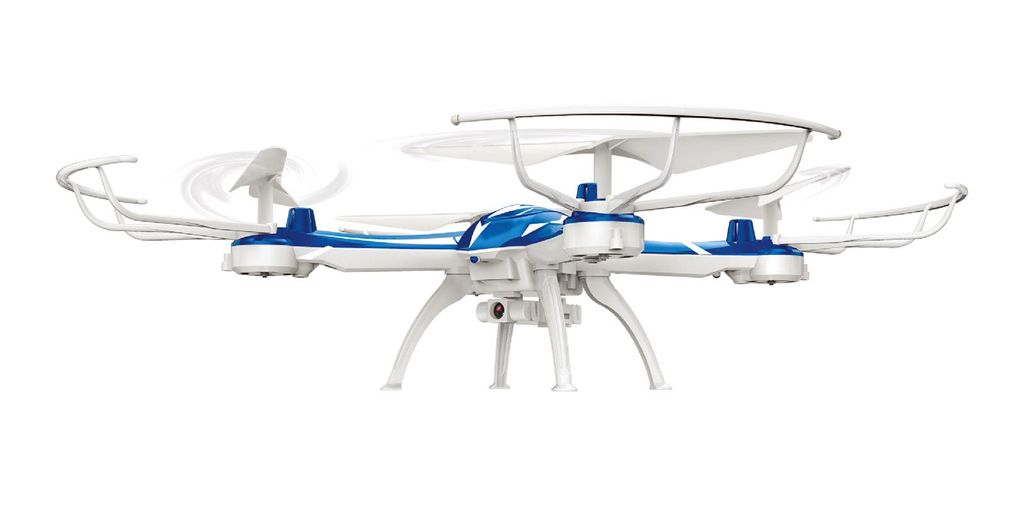
JAMARA | CYANOS Drone Altitude 2,4GHz Kompass mit Kamera inkl. 2. Akku & 2GB Speicherkarte | JAMARA | 422036 | 4042774437886 | 25NOW Shop | 25n.de

JAMARA | CYANOS Drone Altitude 2,4GHz Kompass mit Kamera inkl. 2. Akku & 2GB Speicherkarte | JAMARA | 422036 | 4042774437886 | 25NOW Shop | 25n.de

CYANOs Altitude Kompass Kinder Drohne mit Kamera in Niedersachsen - Barsinghausen | Weitere Spielzeug günstig kaufen, gebraucht oder neu | eBay Kleinanzeigen

JAMARA | CYANOS Drone Altitude 2,4GHz Kompass mit Kamera inkl. 2. Akku & 2GB Speicherkarte | JAMARA | 422036 | 4042774437886 | 25NOW Shop | 25n.de















